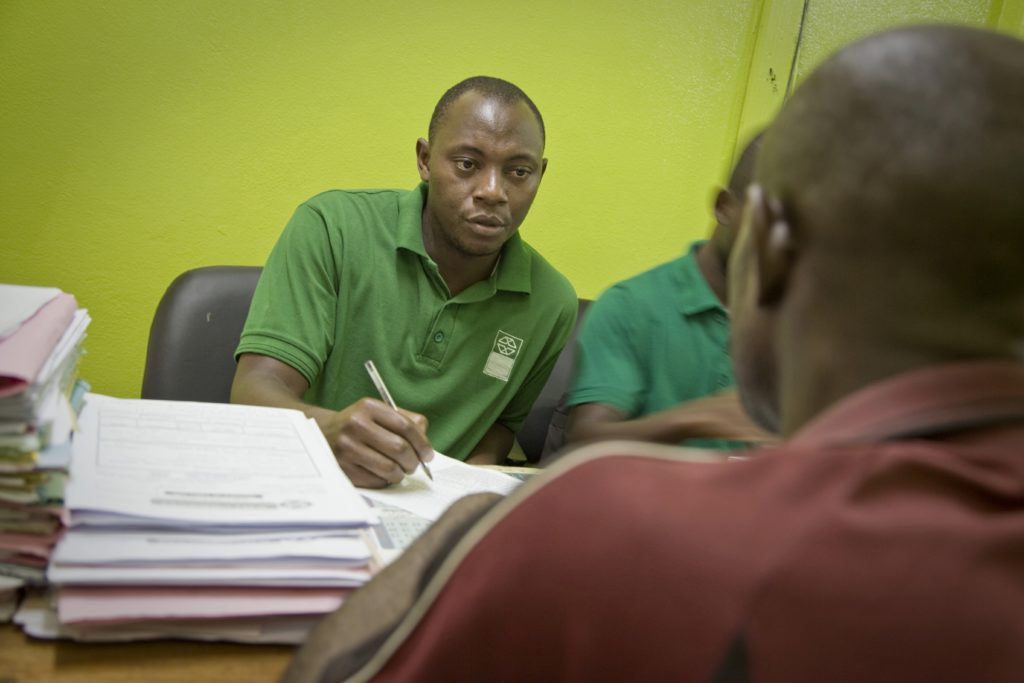This article argues for the implementation of an alternative financing mechanism for informal small and very small businesses in Africa that would allow them to benefit from other formal financing opportunities under better conditions than those offered to them today.
A review of current funding mechanisms
African economies today are still predominantly financed by the banking sector, which carries the disadvantage of elevating the banker to the status of a sort of multi-sector specialist who groups entrepreneurs in various sectors such as the agri-food, energy, consulting, and even new technology sectors, into the same single portfolio.
Private equity investors focus almost exclusively on large deals in order to ensure the monitoring of their investments (although fortunately some of them have oriented their investment strategies towards small and medium-sized businesses).
Microfinance institutions, whose success is due to a financing model adapted to small-size loans and small companies, but unfortunately carries some significant drawbacks, including the application of high interest rates.
We could also mention meso-finance, which is quite new and essentially functions as an intermediary between traditional banking and micro-bank financing. Nano-credits, which are generally below 100,000 FCFA, are offered by some Fintechs but are still quite rare.
Finally, an informal and parallel financing system has been created which is a sort of “street financing”
system that applies predatory interest rates and abusive loan terms and requires, among other things, the borrower’s debit card as a guarantee.
This overview of existing financing mechanisms makes one thing clear: the informal sector, which according to the International Labor Organization represents more than 85% of jobs on the African continent, has been completely left behind. It is therefore necessary to develop an alternative financing mechanism to cater to this vital segment of our economy.
The overview of existing financing mechanisms makes one thing clear: the informal sector, which represents more than 85% of jobs on the African continent, has been completely left behind.
The informal sector as a life raft
The informal economy constitutes a veritable life raft for the vast majority of Africans. In the case of Europe, this life raft is characterized by each state’s social welfare model, and each country has defined a minimum wage that allows every worker to provide for the basic needs of his or her family.
In Africa, this life raft is characterized by one’s informal activities. The public administration employee who earns 65,000 CFA francs per month (100 €) and who has 6 children to support, will need to develop an additional activity in the informal sector in order to make ends meet and feed his or her family.
Financing our informal sector, therefore, amounts to financing our social welfare network. The informal sector simply cannot remain the forgotten or poorly equipped part of our economy that it is today.
Today, the African financial market should represent hope, an option, through the inclusion of informal entrepreneurship. Each player in our economic network should be able to access an opportunity through this financial market.
This is why we are calling for the implementation of a new product, which we could refer to as “informal bonds”.
Each player in our economic network should be able to access an opportunity through this financial market.
What are informal bonds?
According to the International Monetary Fund (2017), the informal sector represents between 20% (South Africa) and 65% (Benin, Nigeria) of the GDP of African countries. Contrary to popular belief, informal does not necessarily mean poorly organized. In fact, some informal businesses such as planting or motorbike taxi driving, for example, organize as Cooperatives or Groups.
The idea of the informal bond is simply to allow business groups that have historically demonstrated good organization and governance to seek financing for their members through the financial market by issuing what would be called an “informal bond”, a bond dedicated to financing informal business activities.
A group’s leadership would select, thanks to their knowledge of the sector and of their members, the beneficiaries as well as the loan amounts granted to them.
Assuming that the group has previously demonstrated moral probity, it would be possible for all or part of the bond to be guaranteed by a bank or a state guarantee fund.
For security and transparency reasons, loans and repayments would be made directly via “mobile money” transfer between the custodian bank of the operation and the informal entrepreneurs.
This concept could encourage the progressive structuring and formalization of informal actors, who would have specific guidelines to follow in order to qualify for this financing mechanism (group membership, record keeping, opening of a mobile money account, etc.) For their part, the States would benefit from an increase in tax revenues.
